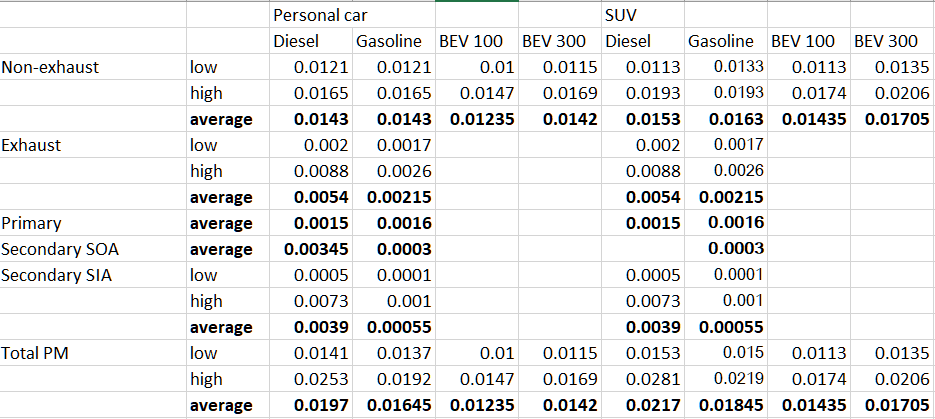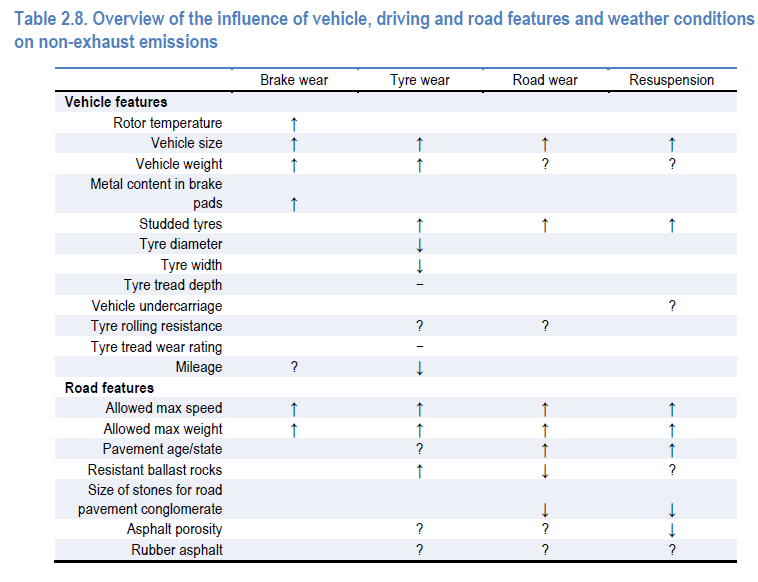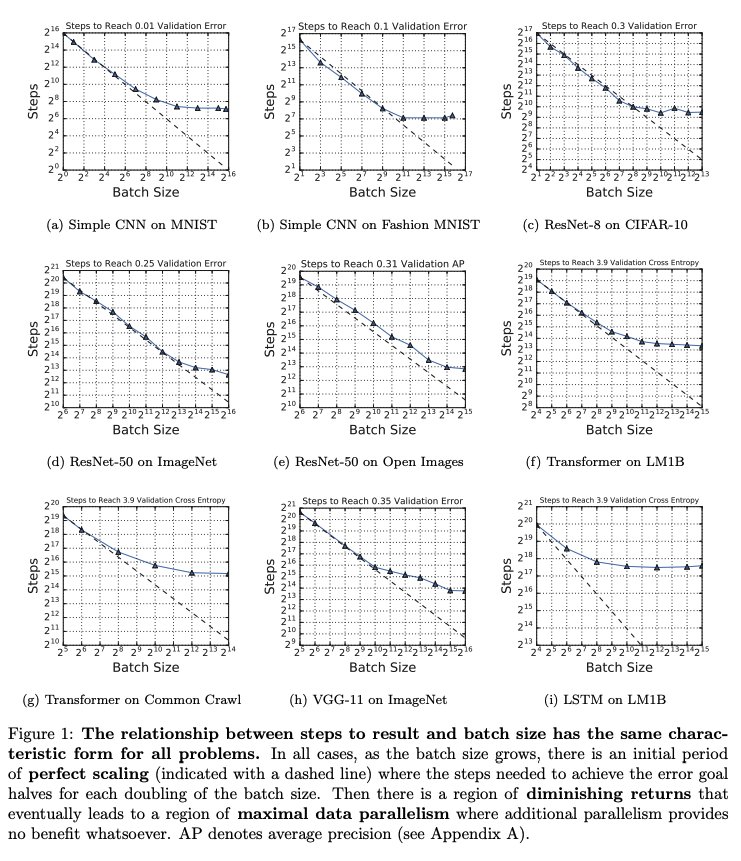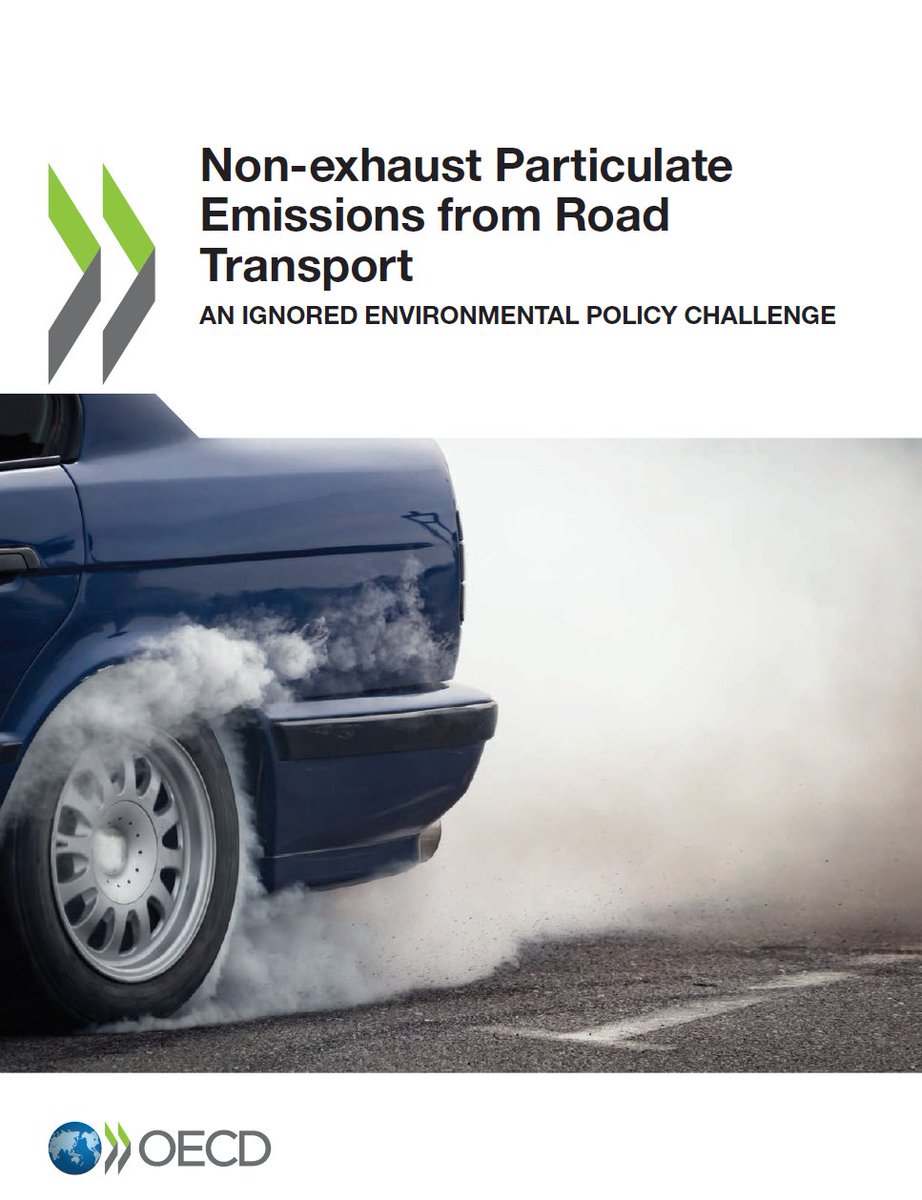
EVs DO NOT EMIT MORE PM
Recently @OECD published a report about particulate matter (PM) from road transport. Newspaper headlines blared that electric vehicles where worse than combustion vehicles. That conclusion was wrong according to the report itself.
Let me show you.

The table comparing electric and combustion engines is on page 92. I took averages of low and high values to get the graph in the first tweet.
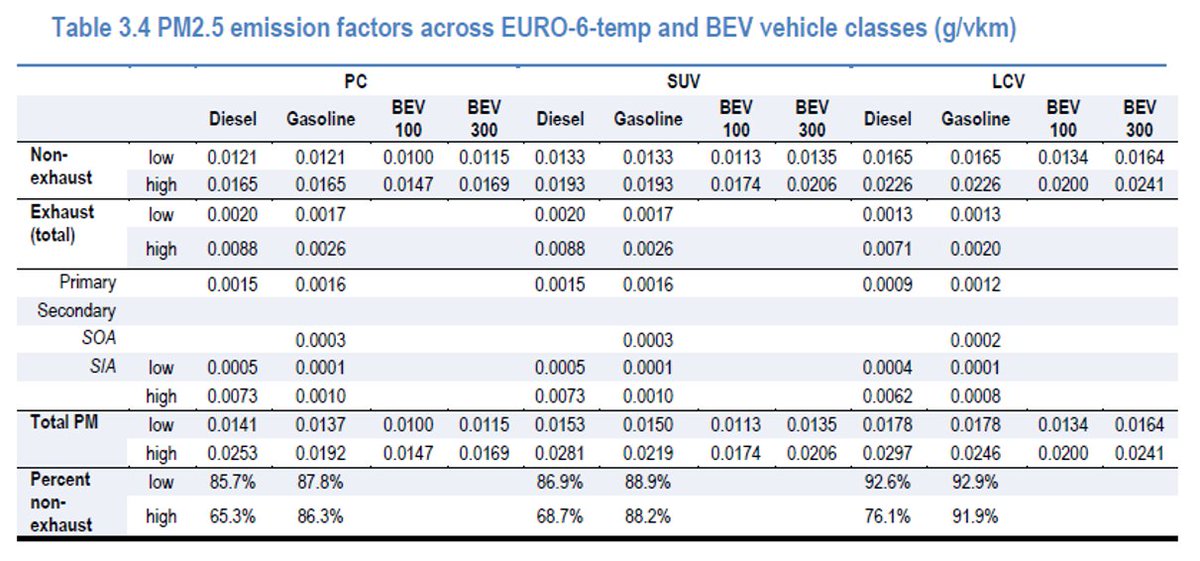
We have ignored this problem for too long, and there's more here than simply exhaust!
1) Electric vehicle weight
It estimates batteries at 10 kg/kWh when in reality it's already below half of that. So it makes electric vehicles much too heavy and doesn't take into account that in 2030 they will be much lighter still.
We know that the stuff that comes out of the exhaust pipe is really bad for your health.
How that compares to sand and rubber from the road (gram for gram and particle for particle) is still completely unclear. They state this clearly themselves.
But how much is how bad and what is the impact of particle size? For the stuff that's not from the exhaust we basically have no idea.
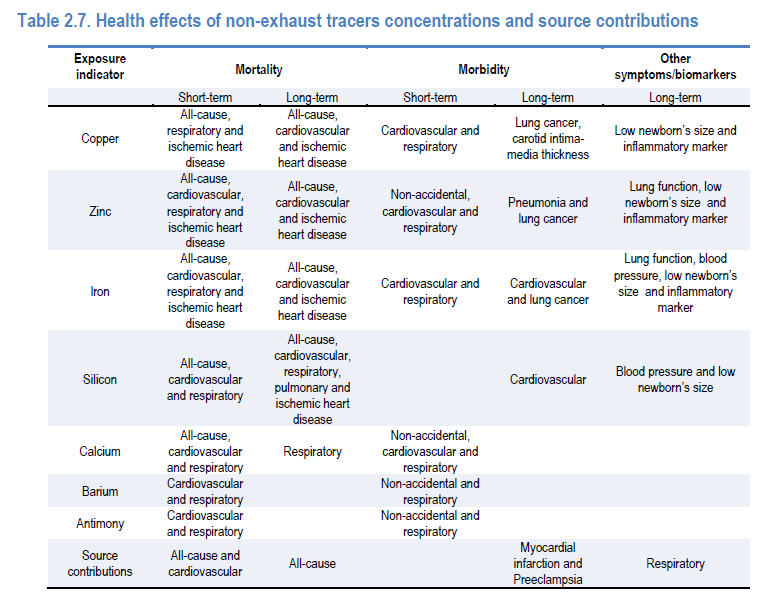
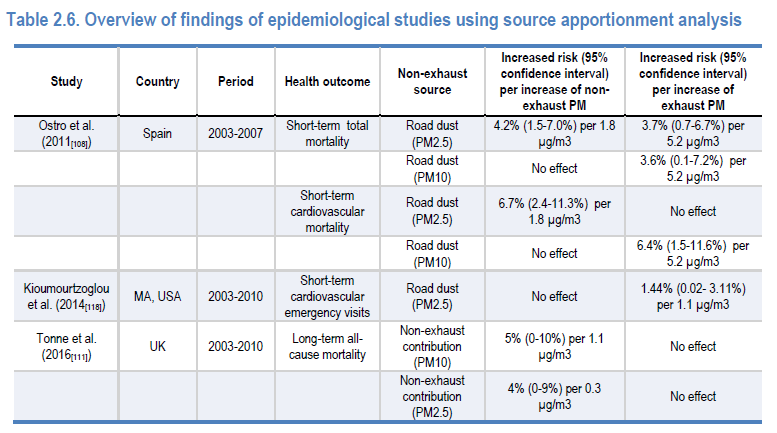
We know particles emitted from the road and the wheels of cars make us sick but that's about it. More research is urgently needed so we can avoid millions of deaths.
By switching to electric vehicles we are probably eliminating some of the most harmful emissions (from tailpipes and brake pads).
We could try to make tires more wear resistant (probably not a top priority of manufacturers).
We can construct roads in a way that traps part of the particles or we might even vacuum them up before they are released out into the open.https://t.co/mxA62vhuDG
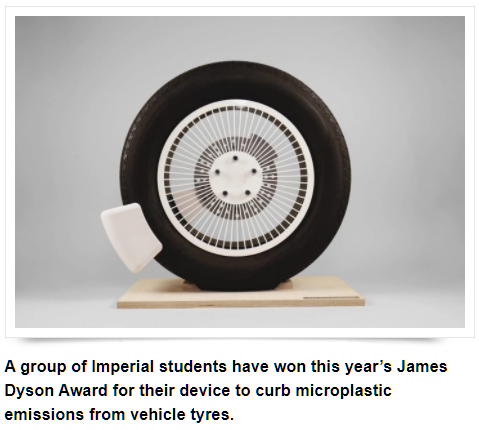
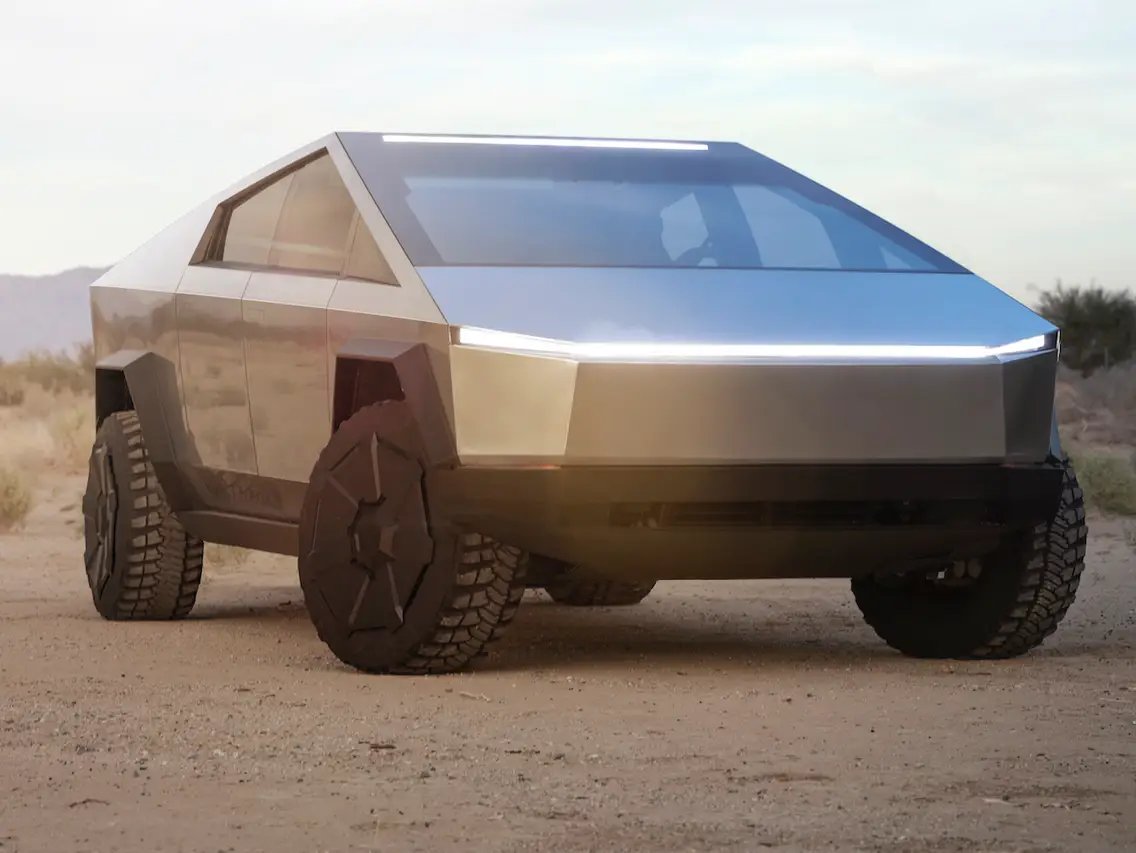
More from Economy
I really think people have a very short-sighted view of the city and its key role in decades to come for the economy of 🇨🇳. Every so often, people have a handful of misconceptions about the city's future because they lack of basics in strategy 👇
https://t.co/6wuRzXGkYZ The West propaganda seems to make people think we are cracking down on 🇭🇰 people because we no longer need them and we will inevitably suppress their rights. Every now and then, I talk with people in 🇭🇰 who think the Great Firewall will extend to 🇭🇰
🇺🇸-led liberal order is very strong to come across 🇭🇰 people and make them believe what they want. Brainwashed people don't think rationally and fall for the lies and propaganda. This guy is one among so many others I met in 🇭🇰 who told me the same thing, that the city is doomed
They couldn't be more ignorant ! Unfortunately they will end up leaving the city and missing out on incredible opportunities... But they don't know that nothing will eventually change after 2047 ? 🙃Let me explain you why
I bet even after 2047 🇭🇰 will still enjoy a high degree of autonomy and freedoms that its mainland counterpart can’t enjoy : an independent legal and financial system, English as one of the official language, an access to the West internet, its traditional medias, etc.
Most Western countries are already starting to reconsider whether Hong Kong will remain a viable trading centre.
— Isaac Cheung | \U0001f1ed\U0001f1f0 | (@SoAlive0513) February 15, 2021
When the entire world stops trading with HK, how will HK be the financial center of the world?
I doubt tourism would be any better in the next few years either lol
https://t.co/6wuRzXGkYZ The West propaganda seems to make people think we are cracking down on 🇭🇰 people because we no longer need them and we will inevitably suppress their rights. Every now and then, I talk with people in 🇭🇰 who think the Great Firewall will extend to 🇭🇰
🇺🇸-led liberal order is very strong to come across 🇭🇰 people and make them believe what they want. Brainwashed people don't think rationally and fall for the lies and propaganda. This guy is one among so many others I met in 🇭🇰 who told me the same thing, that the city is doomed
They couldn't be more ignorant ! Unfortunately they will end up leaving the city and missing out on incredible opportunities... But they don't know that nothing will eventually change after 2047 ? 🙃Let me explain you why
I bet even after 2047 🇭🇰 will still enjoy a high degree of autonomy and freedoms that its mainland counterpart can’t enjoy : an independent legal and financial system, English as one of the official language, an access to the West internet, its traditional medias, etc.

